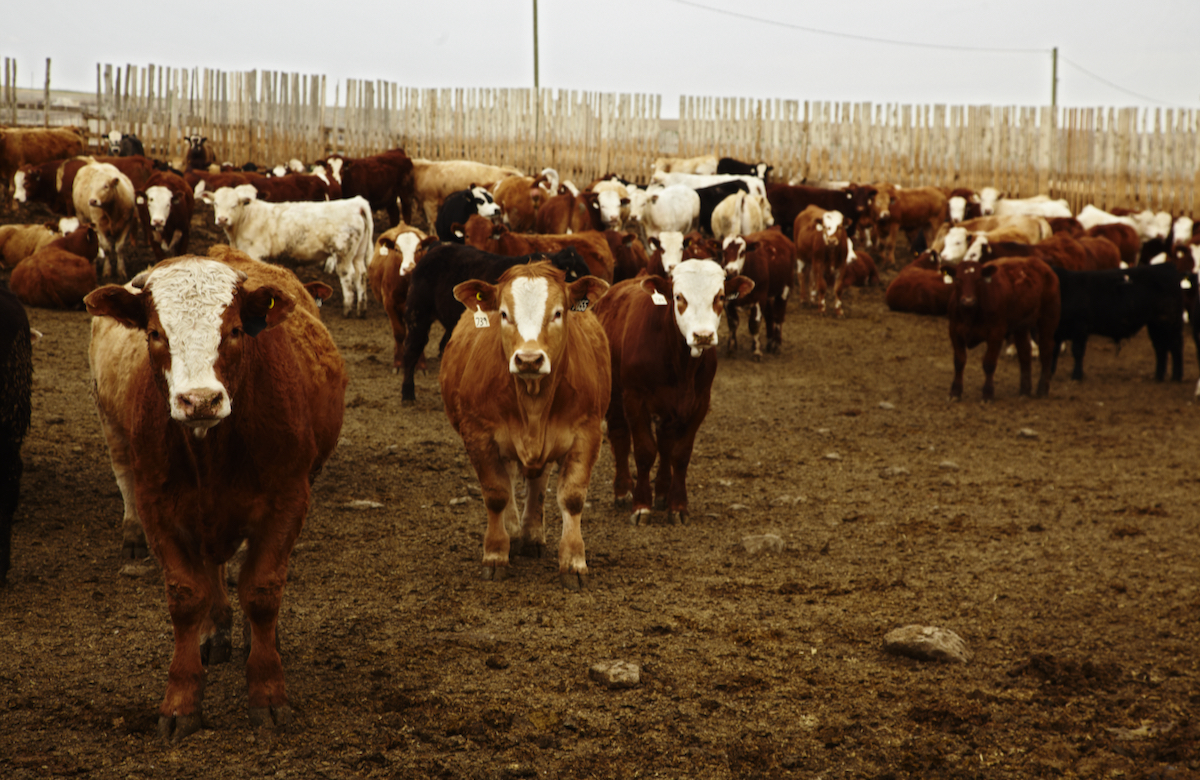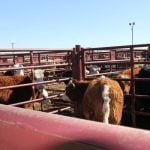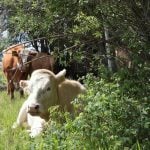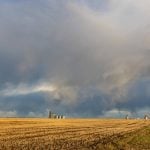Brazil is launching a diplomatic offensive to defend its huge beef industry and clarify details of an "atypical case" of BSE that prompted its top customer, Russia, to consider import restrictions after Japan suspended purchases altogether.
The 13-year-old cow kept for breeding purposes died of other causes in 2010 and never developed the disease, technically known as bovine spongiform encephalopathy (BSE). But it tested positive for the disease’s causal agent, a protein called a prion, which can arise spontaneously in elderly cattle.
In this condition, which was confirmed last week after tests by the World Animal Health Organization (OIE), animals are classified as having "atypical BSE," which may or may not go on to cause the BSE disease, Brazilian agriculture officials say.
Read Also

U.S. livestock: Cattle at fresh highs, hogs weaken
Cattle futures on the Chicago Mercantile Exchange climbed to fresh highs on Tuesday, as tight supplies and the ongoing closure…
"The government as a whole is mobilized to give ample clarification over what happened, so that no doubts linger with regard to the safety of our animal health system," said Jose Carlos Vaz, the agriculture ministry’s No. 2 official.
The outbreak of mad cow disease in Europe, North America and Japan over the past decade often prompted beef importers to embargo shipments and caused temporary chaos in the industry. Brazil is the world’s largest beef exporter.
In April, the U.S. reported a case of atypical BSE in an animal which never entered the food chain, but the country escaped a backlash from importers.
Brazilian diplomats were in contact with Japanese officials in the hope of reverting their decision to suspend imports of its beef, which amounted to just 1,435 tonnes, or 0.3 per cent, of that country’s imports in 2011.
Japan’s suspension would hardly make a dent in Brazil’s total exports, which reached 896,670 tonnes of beef through September.
The larger risk that looms is of other nations following suit.
A Russian official at the country’s animal and plant health watchdog Rosselkhoznadzor told Reuters late on Monday it was "considering" imposing restrictions on imports of Brazilian beef which amounted to 212,456 tonnes through September and were worth US$907 million, according to Brazil’s beef exporters association Abiec.
"Russia is checking the situation and, if information shows that supplies from other Brazilian states are safe, import will continue," the source added, without offering further details. The cow that died was reared in the southern state of Parana.
The OIE maintains Brazil’s status of having an "insignificant risk" of BSE, Brazilian officials said, adding that Brazil would pursue legal action if necessary against any importer trying to exploit BSE claims to block imports of Brazilian beef.
Brazil’s agriculture ministry said special technical missions would also be dispatched to Brazil’s top 20 importers to explain the case, which it has been at pains to distinguish from actual BSE.
Wrangle over words
BSE became known worldwide in the late 1980s after cattle in Great Britain developed the disease — linked to variant Creutzfeldt-Jakob disease in humans — after being fed contaminated animal feed that contained brain and nervous system tissue from other animals.
The cow that died in Parana was pasture-fed and died within 24 hours of being found collapsed and suffering from septicaemia. Death from a nervous degenerative disease such as BSE would have taken far longer once symptoms appeared.
Part of Brazil’s struggle to convince buyers like Japan to refrain from purchase restrictions may come down to confusion over the terminology used, since the mere presence of the prion protein is called "atypical BSE," even though the animal did not go on to develop the actual BSE disease.
"It seems to me that it is something that is lost in translation. We didn’t have confirmation of the disease. The animal was diagnosed as having a causal agent of BSE," said Jerry O’Callaghan, head of investor relations at Sao Paulo-based JBS, the world’s biggest meat producer.
— Peter Murphy and Osamu Tsukimori write for Reuters from Sao Paulo and Tokyo respectively.















